According to a widely shared and much repeated story, the subject of long-term problems and preparing for them was discussed inside the Ronald Reagan administration in the early 1980s. Researchers close to the administration had identified a number of issues that would require reform over the long term and immediate measures if they were to be solved. After seeing the agenda, however, a member of Reagan’s cabinet stated that there was no use worrying about issues that would be on someone else’s desk 20 years later.
Although the truth of that story can’t be confirmed, it does illustrate two issues that plague Finnish politics today. Firstly, the political system is not at its best when dealing with so-called tectonic problems. These problems are characterised by a gradual build-up of changes, culminating in the sudden realisation that it’s hard to find a politically functional solution that is also realistic on the administrative level. The challenge in such systems is that the difficulties following the change can be seen or forecast but the timing is unclear. Just as the collision of continental plates eventually causes an earthquake or an active volcano erupts, these problems are certain to become reality someday.
Secondly, policy only translates into action when an issue is politically hot and becomes part of the political agenda. In terms of social policy, this may be a very key issue when examined from, for example, the perspective of citizens’ well-being and health. Despite this – or perhaps because of it – this issue is still politically cold and thus remains on the edge of political agendas.
Sustainable development policy in the social dimension is the type of problem described above. In Finland, we are aware that clear social tensions exist between different population groups and there is general agreement on the direction this change is moving in. At the same time, we have difficulty understanding the urgency of the situation because many indicators describe continuity more than change. In many ways, Finland seems like a stable and adaptable country.
For example, income differences among Finns have changed very little during the 2010s. Similarly, the percentage of the population that experiences financial difficulties has not changed significantly in comparison to 2014. The fact that comparative indices show that inequality in our society is relatively low on an international scale also contributes to the confident atmosphere in Finland. A report recently published by the Bertelsmann Foundation comes to the same conclusion. Continuity does not attract interest or push an issue higher up on the political agenda.
However, we have many weak signals indicating problems in the structures of Finnish society and the welfare state that are caused by inequality. The rapid increase in excessive household debt is an important signal in this respect. The debt level of Finnish households is rising all the time, and the same applies to the number of households that have payment defaults or are involved in debt enforcement proceedings. On the other hand, the fact that the number of long-term customers in need of last-resort social security is increasing rapidly and shows no sign of declining is an indicator of the problems facing the welfare state. It’s clear that the bottom is falling out of the welfare state.
It would be logical for politicians to actively intervene in order to prevent long-term problems and maintain social cohesion. However, there are no signs of such activation, and it actually appears that these themes are seen as problems for the next government to deal with. Could the European Sustainable Development Week provide a suitable boost in this area?
This text is part of the blog series “Sustainably”.


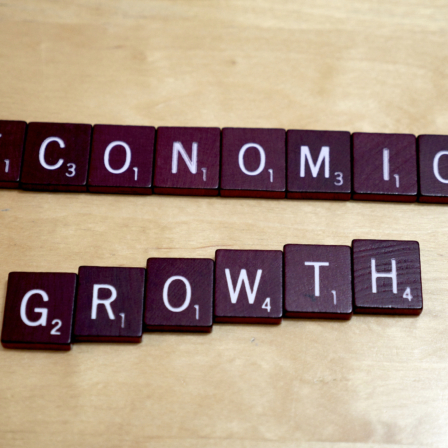











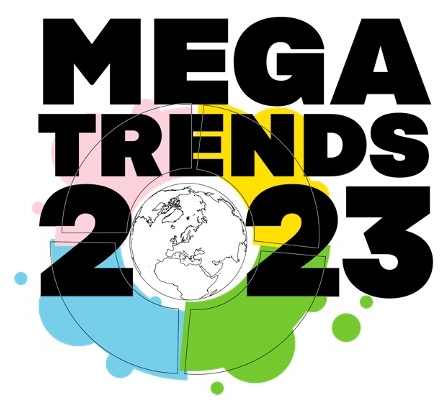
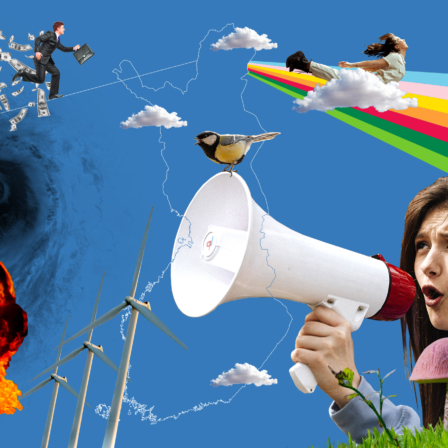
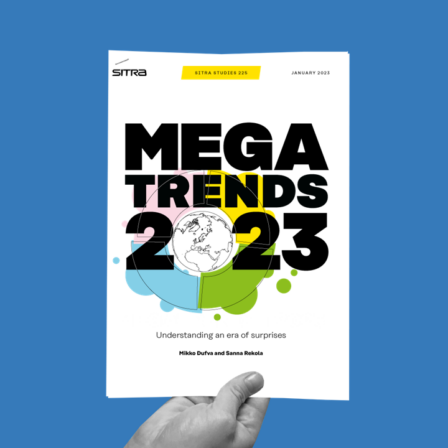


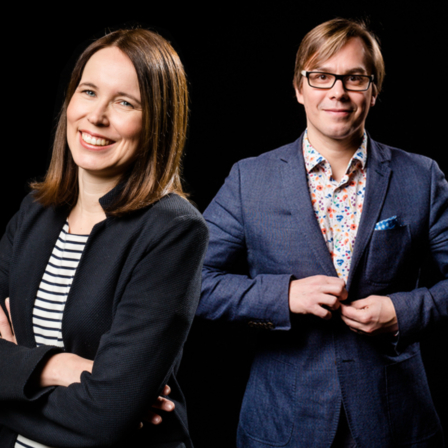


Recommended